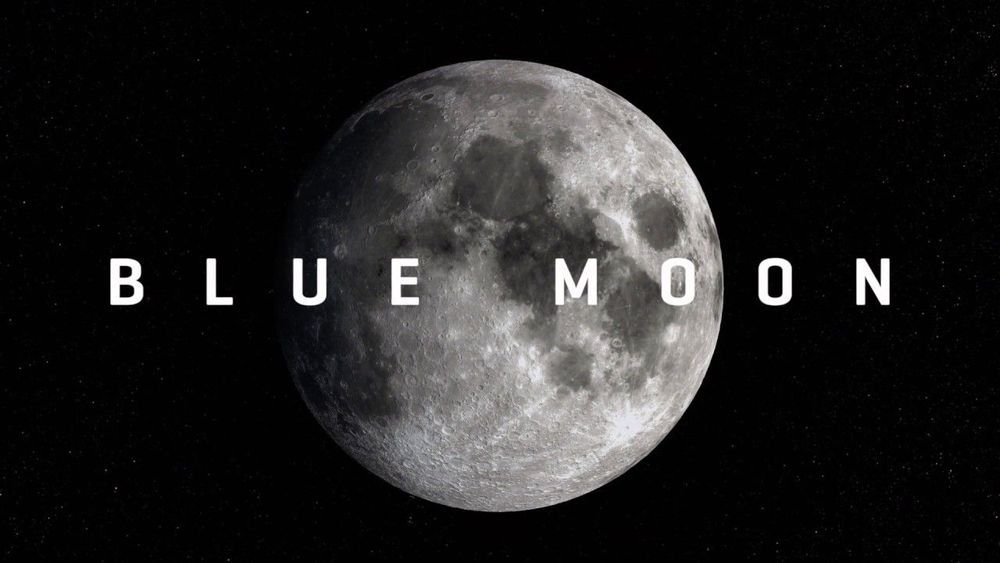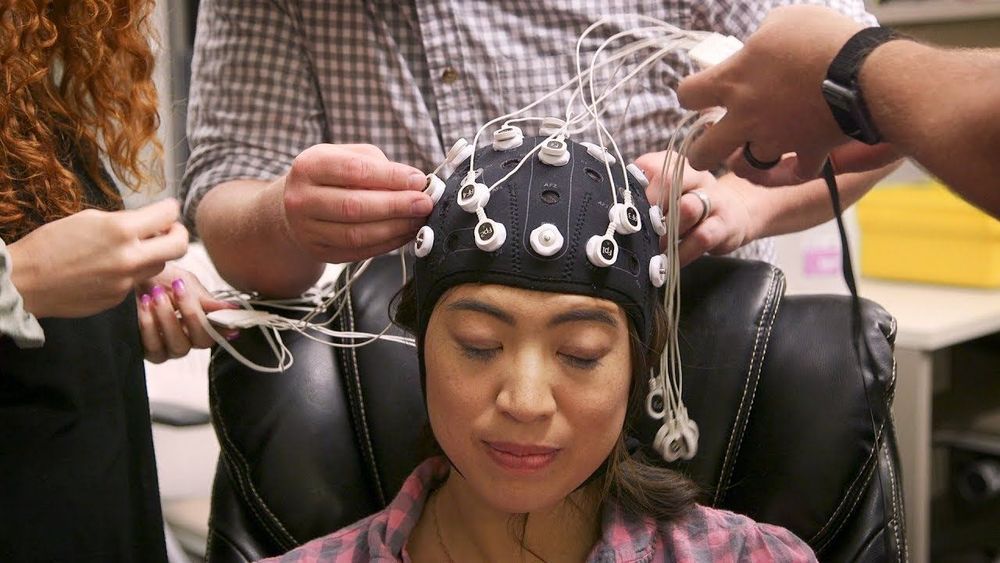WASHINGTON — Blue Origin is joining forces with three other major aerospace firms in a “national team” to develop a human lunar lander for NASA.
The company’s founder, Jeff Bezos, announced Oct. 22 his intent to work with Lockheed Martin, Northrop Grumman and Draper on the unnamed lunar lander, the proposal for which they will submit to NASA for its Human Landing Services competition.
“I am excited to announce that we have put together a national team to go back to the moon,” he said during an onstage interview at the 70th International Astronautical Congress here, where he received an Excellence in Industry award. “We could not ask for better partners.”









